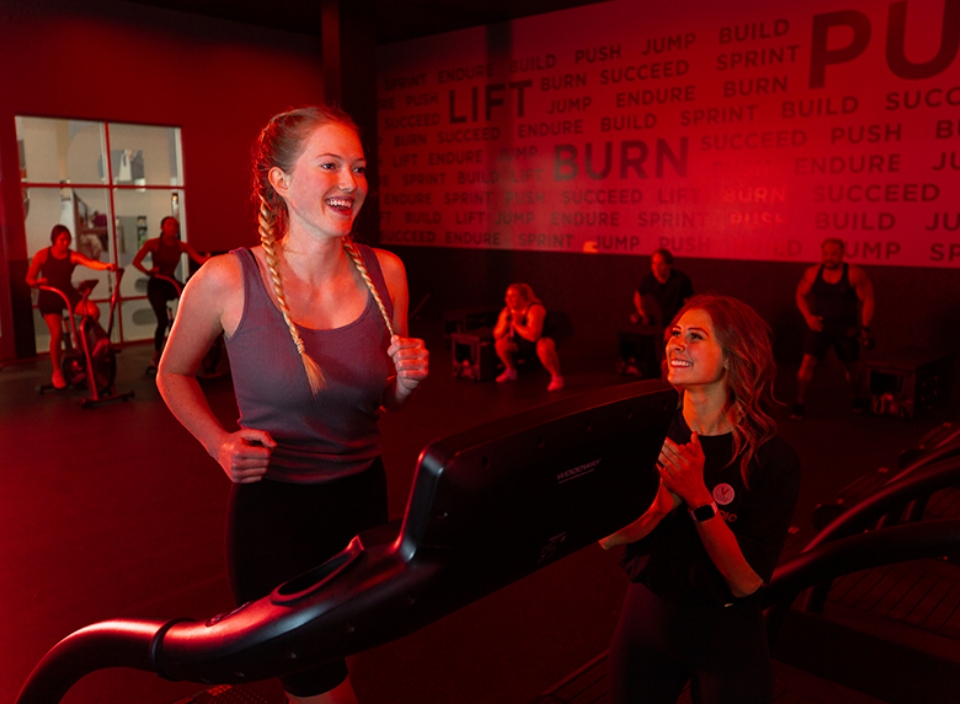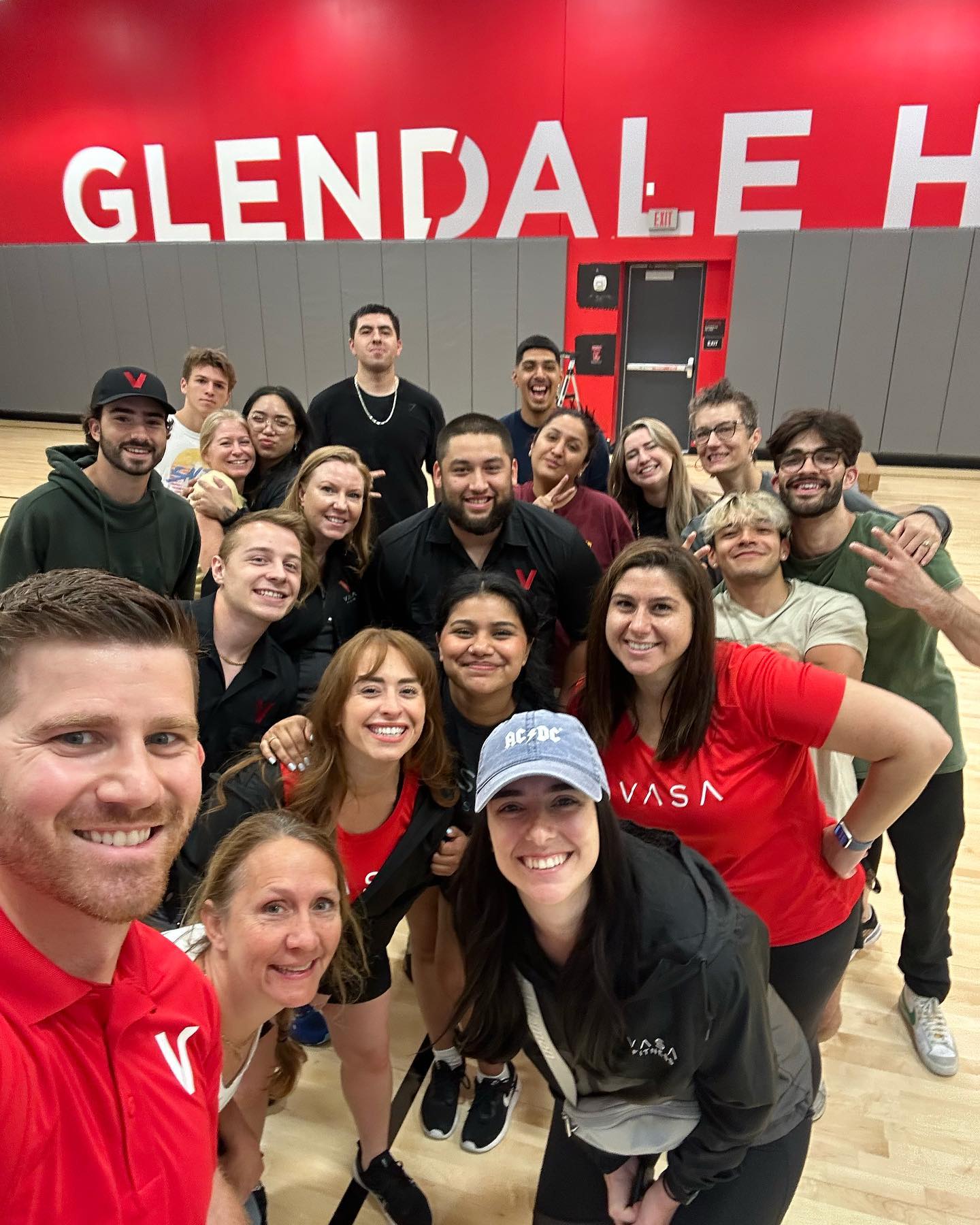7 Signs of Overtraining
You’re probably in tune with your body if you’ve consistently been training hard for several months or years and know when to push harder or pull back. However, there are many signs of overtraining all fitness junkies should be aware of to ensure they can continue to train at a high level for long periods of time.
There are two levels of too much activity: overreaching and overtraining. These two levels of doing too much occur when intensity, duration, frequency of training, or any combination of these components exceed someone’s ability to recover and adapt, typically leading to decreases in performance and lifestyle disruptions.
Overreaching is the short-term decrease in physical performance and usually takes a few of rest days to return to previous levels. An example is training the squat strenuously and failing to achieve any increases in strength after your training cycle is complete. Adequate recovery allows the body to adapt to training without chronic fatigue getting in the way, so with proper rest and recovery, squat load should increase at the onset of the next training cycle.
Overtraining is similar to overreaching, but the outcome is far less desirable and full recovery takes much longer. Overtraining syndrome occurs when intensity, duration, or training frequency is too much for the body to recover from for months. Unless addressed with recovery techniques, nutrition, and sleep interventions, it could take months to bounce back from overtraining syndrome.

Both overreaching and overtraining can occur due to high volumes of strength and aerobic training, or a combination of the two. Here are some warning signs that could indicate overtraining:
- Constantly feeling tired even after seven to eight hours of sleep
- Loss of enthusiasm for training, like dreading the next workout or activities not related to fitness that are usually enjoyable
- Feelings of soreness, heaviness, or stiffness after workouts of all intensity levels, from easy to very difficult
- Inability to relax and impaired sleep
- Digestive issues, like loss of appetite, increase in thirst, or trouble going to the bathroom
- Getting sick a lot
- Increases in resting heart rate or blood pressure
The body does need to be challenged to create positive change, but the critical variable in that change is allowing for enough recovery between hard workouts. The body can’t repair itself without rest and will eventually break down.

If you are experiencing some of these symptoms of overtraining, consider taking a break from workouts or decreasing the intensity, duration, or frequency by half or more until the symptoms go away. Light activities like walking, stretching, or yoga allow your body to move without the stresses of a usual workout.
VASA Fitness offers Personal Training if you have more questions or want to change your fitness routines. Our trainers establish your fitness baseline, build programs to meet your needs, and help you reach your goals. Learn more at vasafitness.com.
SUBSCRIBE TO OUR BLOG
Enter your email to start receiving our blog emails!









